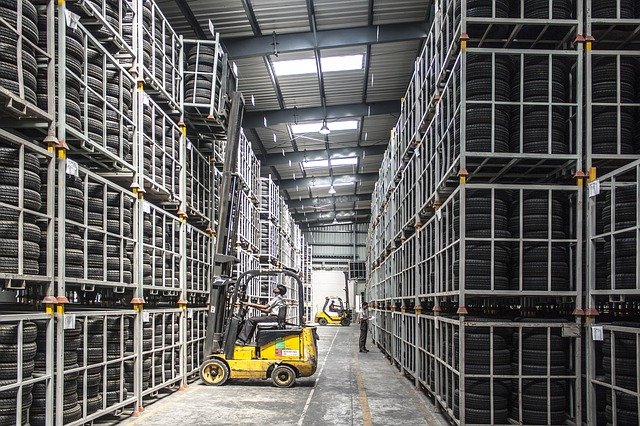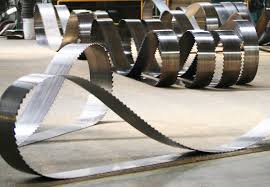Tech Tips
Reasons why you need a sortation system in your warehouse
An automated sortation system can be the answer to many challenges facing both small and big businesses. A small business needs an automated sortation system significantly when it has outgrown its current resources and is faced with logistics challenges. These systems simplify operations by reducing the need for manual labor, increasing throughput, increasing productivity, and ensuring accuracy. The critical thing is to know the best type of sortation system for your business and choose the best technology and provider. Some of the benefits associated with sortation systems are:

Increases productivity
A sortation system is very beneficial as it increases productivity and has minimal misclassification mistakes. It also provides functional advantages which allow an organization to handle more products per minute at a reduced cost. Through such systems, complex real-time operations such as self-diagnosis can be carried out.
Defined processed
A sorter provides defined processes, whether in a direct client or a processing plant. It sets clear parameters in both receipt and assortment areas. It provides a clear and concise procedure for how products are fed or fed in the system. With such a system, the operations are more fluent and standardized, which results in quality products and services.
It gives them an edge over competitors
These systems tend to provide a lot of flexibility and increased efficiency. They reduce the turnaround time of products and services and lower the cost of operation. When products are delivered earlier than expected, a client feels good and becomes loyal to your business. With a sorter installed, you can significantly reduce the cases of refunds.
Error-free
With high sorting capacity, classification systems have reduced errors close to zero. With a single unit, they can sort more than 300 boxes per minute and even more significant amounts. This is very important, especially for clients who buy in bulk.
Versatility
Sorters come in different varieties and sometimes can be customized for a specific business. Some of the examples are cross belts, tilt trays, among others. They can classify products by type, order, route, etc.






